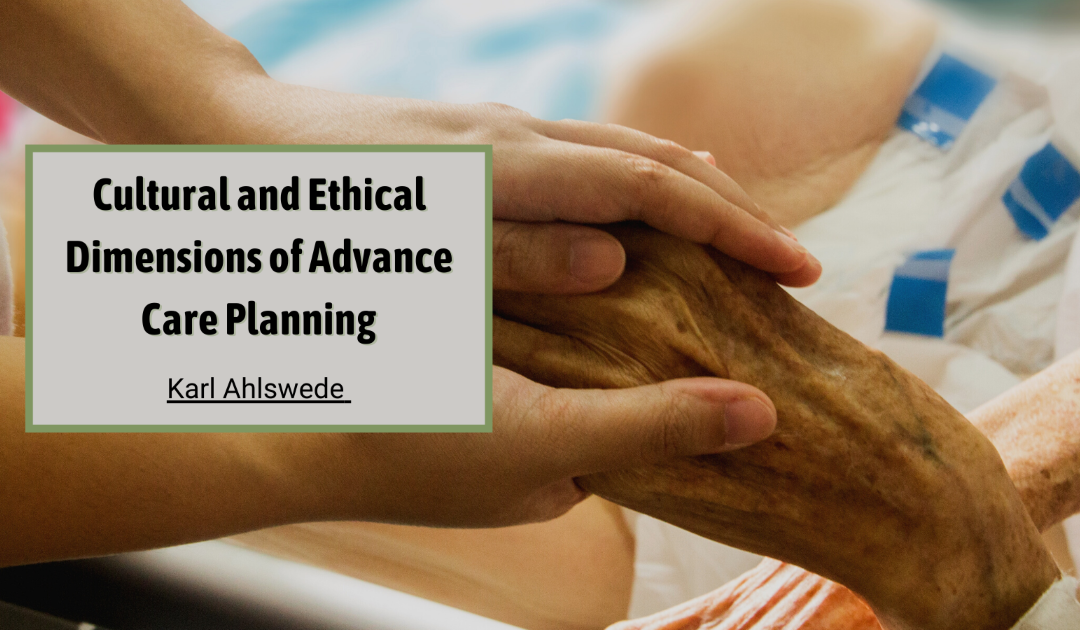Advance care planning (ACP) is a deeply personal process to ensure that an individual’s healthcare preferences are honored in critical medical situations, regardless of their ability to communicate these wishes. However, the efficacy and sensitivity of ACP discussions can vary significantly due to cultural and ethical considerations that shape individuals’ perspectives on healthcare and end-of-life decisions.
Cultural diversity profoundly influences beliefs, values, and attitudes toward illness, death, and medical interventions. Within different cultural frameworks, discussions about death or end-of-life care might be considered taboo or culturally inappropriate. Therefore, acknowledging and respecting cultural beliefs and practices is pivotal when engaging in ACP conversations.
In many cultures, family plays a central role in healthcare decision-making. Understanding familial dynamics and hierarchies within a particular cultural context is essential. In some communities, healthcare decisions might be collective rather than individual, involving input from extended family members or community elders. Acknowledging these dynamics and applying key family members in ACP discussions can ensure that decisions align with the patient’s wishes while respecting cultural values.
Religious beliefs also significantly influence healthcare decisions. Various religions have distinct views on life-sustaining treatments, organ donation, and the sanctity of life. For instance, in some religions, the concept of a “good death” might be closely tied to religious rituals or practices. Healthcare providers engaging in ACP discussions must be culturally competent and sensitive to religious beliefs, allowing for conversations that honor these spiritual considerations.
Ethical considerations further underscore the complexities of ACP. Issues surrounding autonomy, beneficence, and non-maleficence are at the forefront. Respect for an individual’s independence in healthcare decisions is paramount; however, it must be balanced with ethical considerations, ensuring that findings align with ethical principles while honoring cultural beliefs.
Healthcare providers must receive training and education emphasizing cultural competency in conducting ACP discussions. This includes understanding cultural nuances, employing interpreters if necessary, and adapting communication styles to accommodate diverse cultural backgrounds.
Moreover, fostering inclusivity in healthcare settings by offering culturally sensitive resources and educational materials about ACP can encourage individuals from diverse cultural backgrounds to engage in these discussions comfortably.
In conclusion, ACP discussions must navigate the intricate tapestry of cultural and ethical considerations. Sensitivity, respect, and cultural competence are crucial in facilitating these conversations. By recognizing and embracing the diversity of cultural and ethical perspectives on healthcare, ACP can be approached in a manner that respects individual beliefs while ensuring that healthcare decisions align with a person’s values and preferences.
